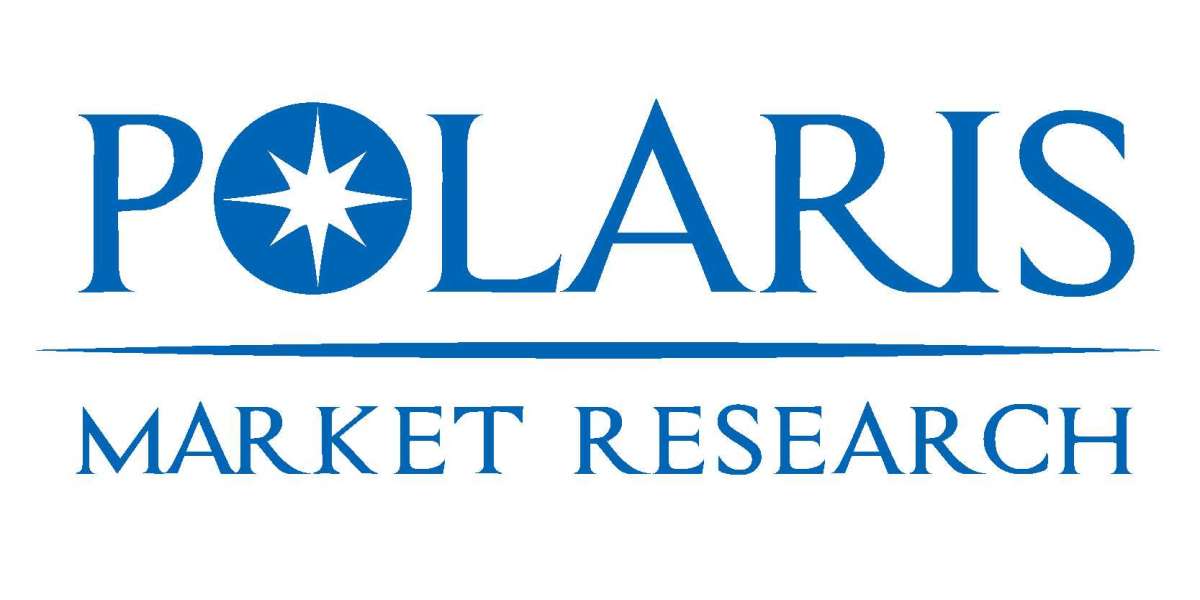Leqembi FDA Approval
Leqembi, also known as Lecanemab, is an investigational monoclonal antibody developed to target amyloid plaques, which are abnormal protein deposits in the brain associated with Alzheimer’s disease. The drug has shown promising results in clinical trials, and its approval by the FDA represents a significant step forward in Alzheimer’s disease treatment.
Leqembi’s FDA approval marks a breakthrough for patients suffering from Alzheimer’s, providing an alternative treatment option that aims to slow the progression of the disease by targeting the underlying biological causes.
Innovative Treatments Like Leqembi
Leqembi is part of a new generation of innovative treatments for Alzheimer’s that focus on modifying the disease process rather than just alleviating symptoms. The treatment works by targeting amyloid-beta plaques in the brain, which are believed to contribute to cognitive decline. This approach offers a potential solution to patients who have been left without disease-modifying treatments for years.
Leqembi vs. Donanemab: A Comparison
While Leqembi has garnered attention for its effectiveness, it faces competition from other amyloid-targeting therapies, notably Donanemab. Both Leqembi and Donanemab are innovative treatments that target amyloid plaques, but there are key differences in their mechanisms and clinical outcomes:
- Leqembi: A monoclonal antibody designed to bind to soluble amyloid-beta oligomers and plaques, which helps reduce their accumulation in the brain. It has shown positive results in early and moderate Alzheimer’s patients by slowing cognitive decline.
- Donanemab: Another amyloid-targeting drug, Donanemab works by targeting a modified form of amyloid-beta plaques. Clinical trials suggest that Donanemab may reduce plaque burden more quickly than Leqembi, potentially offering faster results in clinical outcomes.
Despite these differences, both drugs represent promising advances in Alzheimer’s disease treatment, and ongoing clinical trials will likely determine the best fit for different patient populations.
The Future Outlook for Alzheimer’s Disease Treatment
The approval of Leqembi and the development of other innovative treatments for Alzheimer’s disease signal a brighter future for patients. While these drugs are not cures, they may slow disease progression and improve the quality of life for individuals living with Alzheimer’s. Ongoing research and clinical trials will continue to refine these therapies, with the hope of providing more effective treatments in the near future.
The Alzheimer’s landscape is evolving rapidly, and as more drugs like Leqembi and Donanemab gain approval, patients and healthcare providers will have more options to address the devastating impacts of Alzheimer’s disease.
Latest Reports Offered By DelveInsight:
- Insights Into The Cutaneous T-cell Lymphoma Treatment Market
- Roche’s HEMLIBRA: A Game Changer in Hemophilia A Treatment Landscape
- Emerging Role of Digital Health in the Field of Oncology
- How Will Emerging Therapies Drift the Amyotrophic Lateral Sclerosis (ALS) Treatment Landscape
- How are Technological Trends and Innovations Reshaping the Dementia Care
- Assessing the Major Growth and Ongoing Developments in the Clinical Diagnostics Market
- Non-opioid Analgesics Chronic Pain Treatment: Savior of Underserved Patients







